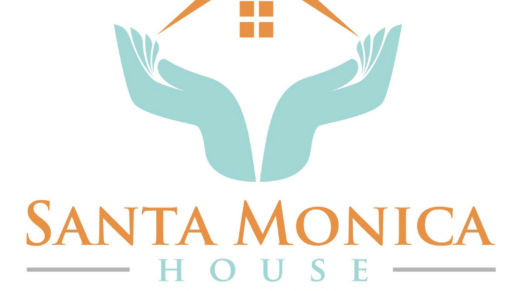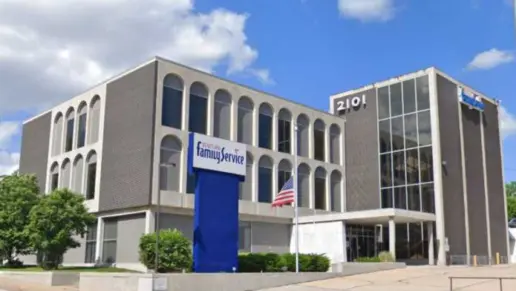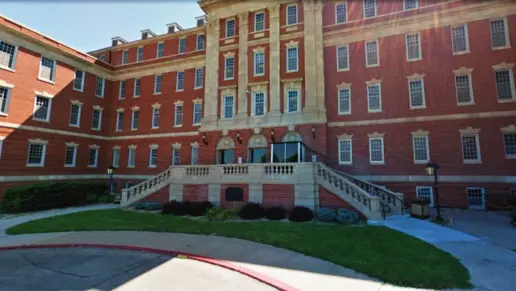About Sheepgate (Adult + Teen Challenge) Men’s Campus & Car Donation Center
Sheepgate – Men’s Re Entry Campus is a faith based alcohol and drug rehab in Omaha, Nebraska. They provide holistic alcohol, drug, and opioid addiction aftercare. Adult men aged 18 and older practice Christian centered philosophies as they participate in mentoring, daily discipleship, group character sessions, and more.
Their 5 month aftercare program is the 2nd phase of their 1 year discipleship program. Clients live in a supportive environment as they take steps to re integrate into society after treatment. This program encourages clients to find full time employment, attend a local church, and engage in the community. Clients benefit from continuous support and guidance under their program while building themselves up and preparing for life outside of treatment.
Sheepgate – Men’s Re Entry Campus may collaborate with major insurance companies, like UnitedHealthcare, BlueCross BlueShield, Aetna, Amerigroup, Cigna, Bright Health, and Humana, to cover treatment costs to some degree. Insurance coverage often differs, particularly with out of network benefits. Contact your provider to verify your insurance.
Latest Reviews
Rehab Score
Other Forms of Payment
Financial aid can take many forms. Centers may have grants or scholarships available to clients who meet eligibility requirements. Programs that receive SAMHSA grants may have financial aid available for those who need treatment as well. Grants and scholarships can help you pai for treatment without having to repay.
Sliding scale payments are based on a client's income and family size. The goal is to make treatment affordable to everyone. By taking these factors into account, addiction recovery care providers help ensure that your treatment does not become a financial burden to you or your family, eliminating one barrier to care.
Medicaid is a state based program that helps lower-income individuals and families pay for healthcare. Medicaid covers addiction treatment so those enrolled can use their coverage to pay for rehab. When a program accepts Medicaid the client often pays very little or nothing out of their own pocket.
Medicare is a federal program that provides health insurance for those 65 and older. It also serves people under 65 with chronic and disabling health challenges. To use Medicare for addiction treatment you need to find a program that accepts Medicare and is in network with your plan. Out of pocket costs and preauthorization requirements vary, so always check with your provider.
Addiction Treatments
Levels of Care
Programs

Contact Information
2916 N 58th St
Omaha, NE 68104


